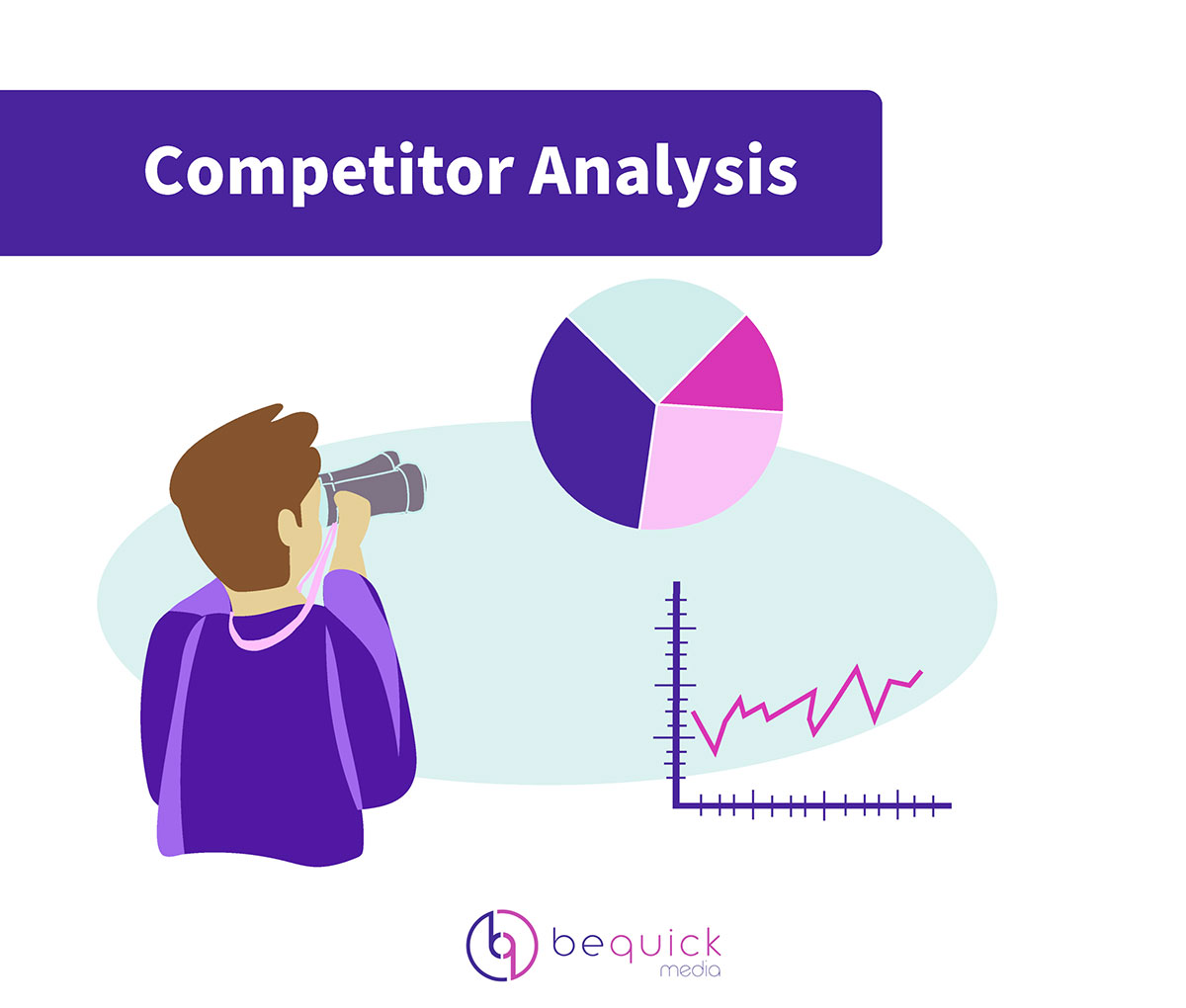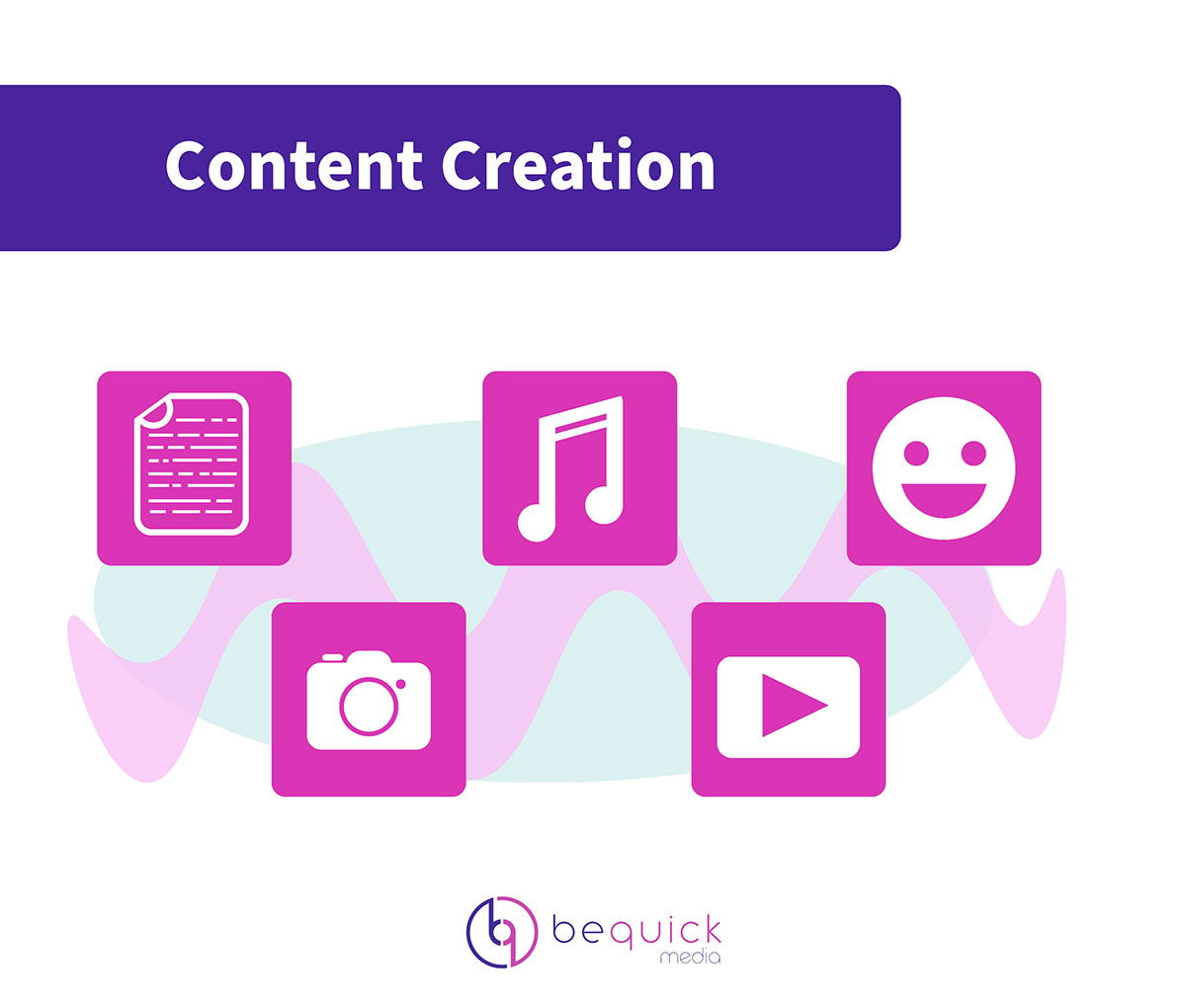SEO (Search Engine Optimization) is the process of optimising a website to increase its visibility in a search engine results.
Good SEO pushes your website ahead of your competitors in search results, thus increasing your share of online customers. This increases the flow of new customers and reduces your customer acquisition costs.

What are the main benefits of SEO?
- Increased Website Traffic: By ranking higher in search engine results, your website is more likely to be visited by users. SEO helps to attract a consistent and targeted stream of traffic, leading to more visitors who are actively searching for what you offer.
- Higher Quality Traffic: SEO allows you to attract visitors who are genuinely interested in the products, services, or information you offer. This is because it focuses on relevant keywords and phrases that users are searching for.
- Cost-Effectiveness: Compared to paid advertising, SEO is relatively cost-effective. It targets users who are actively looking for your products or services online, making the traffic more qualified than many other marketing strategies.
- Enhanced User Experience: A well-optimized website not only helps with search engine ranking but also improves the user experience. This includes faster load times, mobile-friendliness, and easy navigation, all of which are factors that users value.
- Increased Credibility and Trust: Websites that appear higher in search results are often perceived as more credible and trustworthy. By achieving a top position, your business gains authority in your industry or niche.
- Competitive Advantage: Ranking higher than your competitors in search engine results can give you a significant advantage. It makes your website more visible and accessible to potential customers before they even see your competitors’ sites.
- Long-Term Strategy: While SEO can take time to yield results, it offers long-term benefits. Once your website ranks well for certain keywords, it can maintain its position for a long time, offering sustained visibility.
- Better Conversion Rates: SEO-optimised websites are easier to read and navigate, which can help to increase conversions – whether that means more sales, more sign-ups, or more in-store visits.
- Insights into Customer Behavior: SEO tools and analytics provide valuable data about your visitors, such as how they search, how they browse, the language they use, the region they are in, and the times they are most active. This information can be used to make informed decisions about your business and marketing strategy.
- Integration with Other Marketing Strategies: SEO complements and enhances other marketing efforts, such as social media marketing, content marketing, and PPC (pay-per-click) campaigns, creating a comprehensive online marketing strategy.
The BeQuick Media SEO process
At BeQuick Media, we take a step-by-step approach to ensure your website is in the best position possible.
These steps include:
- 1SEO Audit
- 2Competitors analysis
- 3Keyword research
- 4Content creation
- 5
Ongoing Optimisations
1. SEO Audit
Making sure that your website is up to date and functioning correctly is the first thing you need to do to optimise it for Google.
Google is making sure your website is up to scratch. Next, a front-end and back-end audit is needed to ensure everything is in order.
This often requires updating your existing website content or adding additional web pages.
The back-end of your website may have issues causing slower loading speeds. This will have negative implications on your web rankings if not updated.
2. Competitor Analysis
The best way to understand how to rank number 1 on Google is by checking who is ranked number 1 and studying what they did to get there.
Google can detect duplicate content, so you cant directly copy them, but you can implement some of the same strategies they used.
The Google web search algorithm is constantly changing, and every industry can be affected differently. Therefore, keeping an eye on who keeps up with the successful trends is very important.

3. Keyword Research
The terms you wish to appear in search results are known as keywords. Also commonly known as search terms which is a term we prefer.
An example of Keywords in action would be a Dublin-based solicitor wanting to rank for the “Personal Injury Dublin” search term.
We use a keyword research tool to help understand what Keywords are getting the highest search volume and how difficult those words are to rank for.
There’s no denying the keywords are critical optimisation. Still, there’s much more to the process, as you’ll soon find out that on-page optimisation includes keywords, copywriting media links, user experience, and conversions.
4. Content Creation
Content plays a huge role in SEO. As a result, you must regularly provide new material to your website. Blog posts are the most common type of content used. Blogs make it very easy to add keywords to your website and help google add context to what you do.
You may also want to use other forms of media. For example, videos and podcasts may not suit every business but can have a significant upside by increasing search engine optimisation.

5. Ongoing Optimisations
All our SEO management packages include a monthly report on your traffic, the keywords you are ranking for, the progress made this month and the plan for the month that follows.
By measuring your progress regularly, it creates a better understanding of the progress being made and helps keep your project making constant progress.

